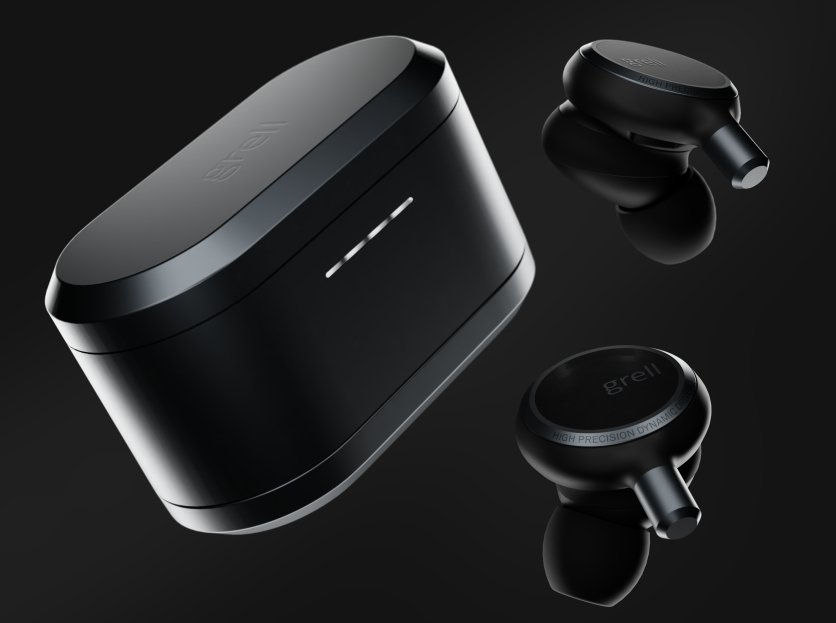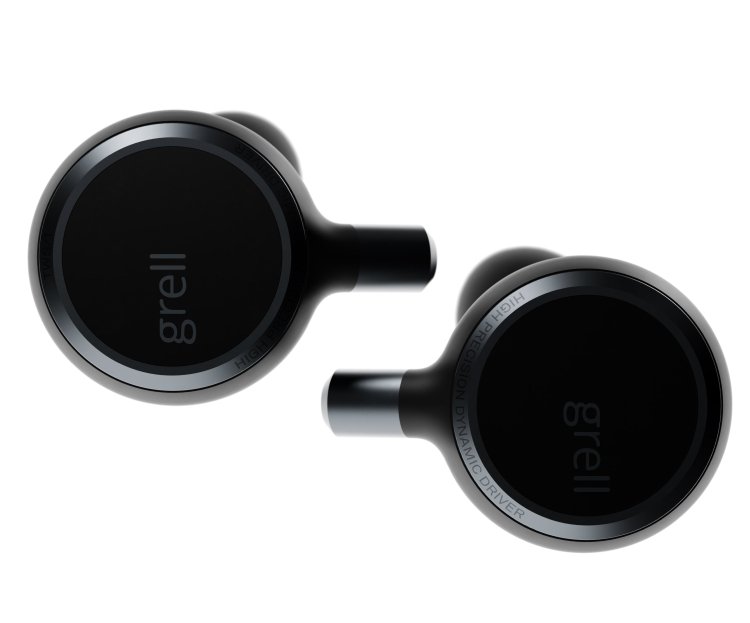The earbuds offer up to 45 hours of total battery life with ANC disabled.
What you need to know
- Grell TWS/1 are a pair of true wireless headphones by former Sennheiser engineer and headphone designer Axel Grell.
- The earbuds feature active noise cancellation, Bluetooth 5.2 support, and IPX4 splash resistance.
- They are now available to pre-order for $200 / £180.
Axel Grell, who designed some of Sennheiser's most popular headphones — including the HD580 and HD800, left the company in 2019 to set up a new company called Grell Audio. The company has now launched its first product, dubbed Grell TWS/1.
The new true wireless earbuds feature a minimalistic design and are claimed to have a "stunning sound signature created for a new generation of digitally-connected listeners." They also have all the features you'd expect from a premium pair of true wireless earbuds.
The earbuds use custom 10mm high-precision dynamic drivers with Noise Annoyance Reduction (NAR) technology to give you a high-end listening experience. Like the best wireless earbuds on the market, the Grell TWS/1 offer active noise cancellation as well.
As for battery life, Grell claims the earbuds can provide up to 34 hours of total battery life with active noise cancellation enabled. With ANC turned off, you can get up to 45 hours of listening time. The earbuds themselves are capable of providing six hours of playtime with ANC on.
On the connectivity front, the Grell TWS/1 earbuds are compatible with Bluetooth 5.2 and support SBC, AAC, Qualcomm aptX, Qualcomm aptX HD, Qualcomm aptX adaptive, and LHDC codecs.
The Grell TWS/1 earbuds have been priced at $200 /£180 and can now be pre-ordered from the company's online store. They are expected to begin shipping sometime in November via Grell online and Drop.com.
Grell TWS/1
The new Grell TWS/1 earbuds have a minimalistic design and promise to deliver the same level of transparency and clarity as regular headphones in a much smaller form factor. They also offer active noise cancellation, up to 34 hours of battery life, and IPX4 splash resistance.
Source: androidcentral



